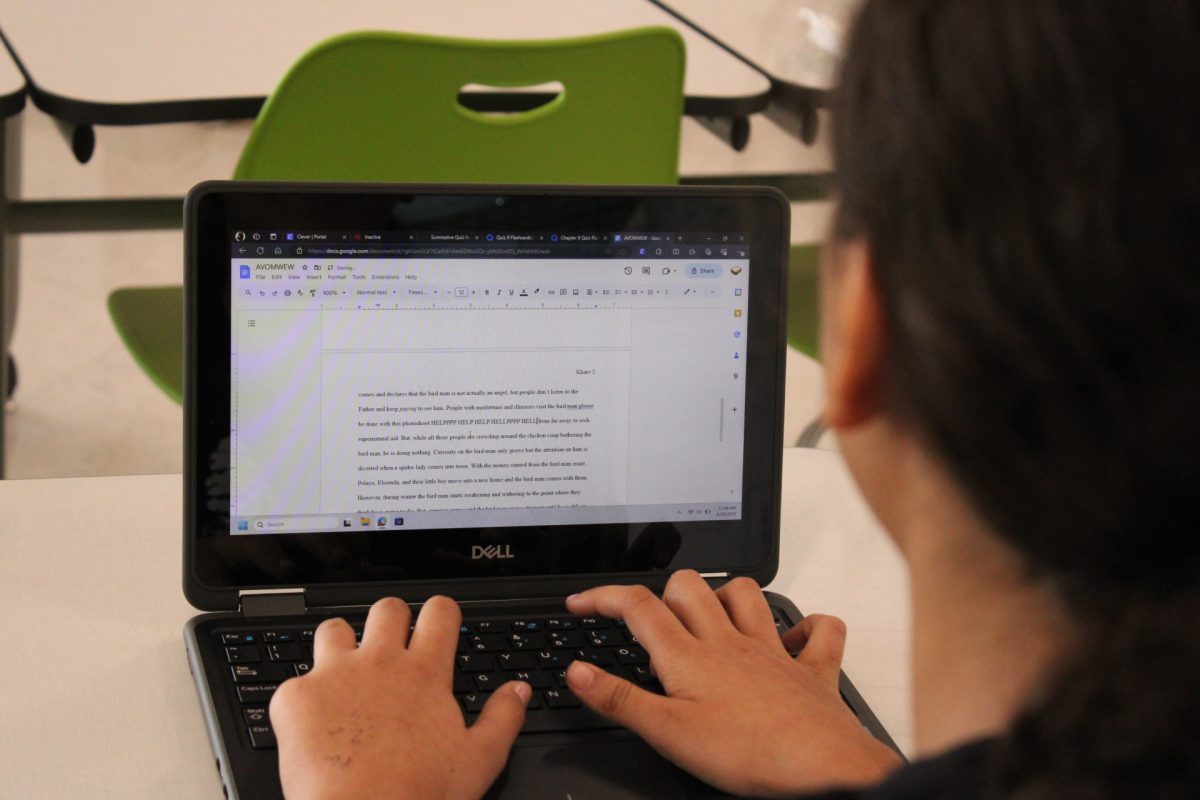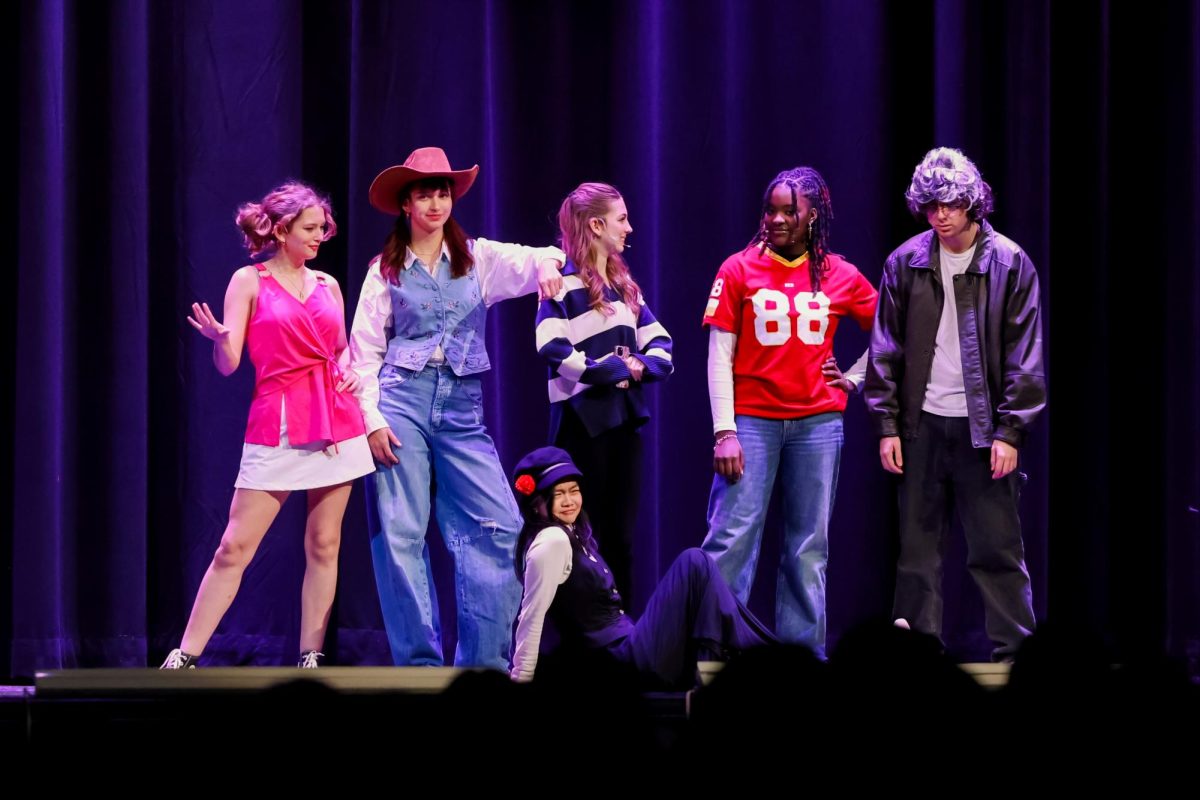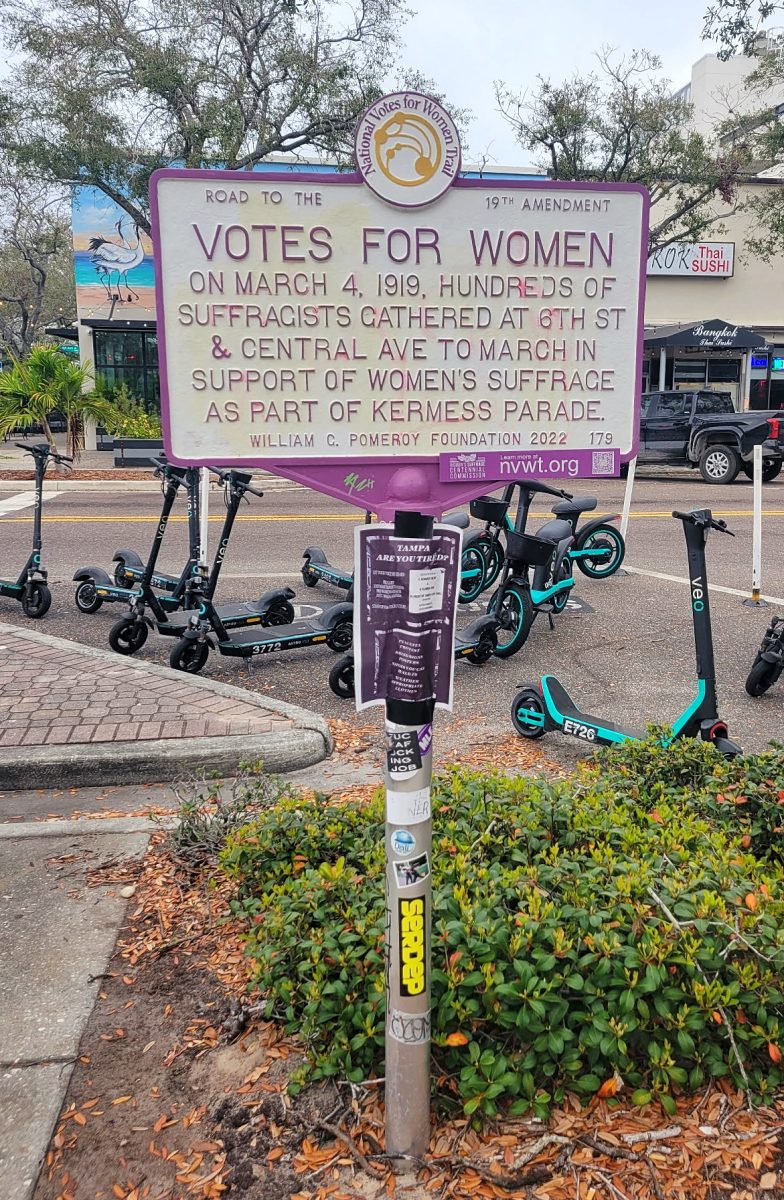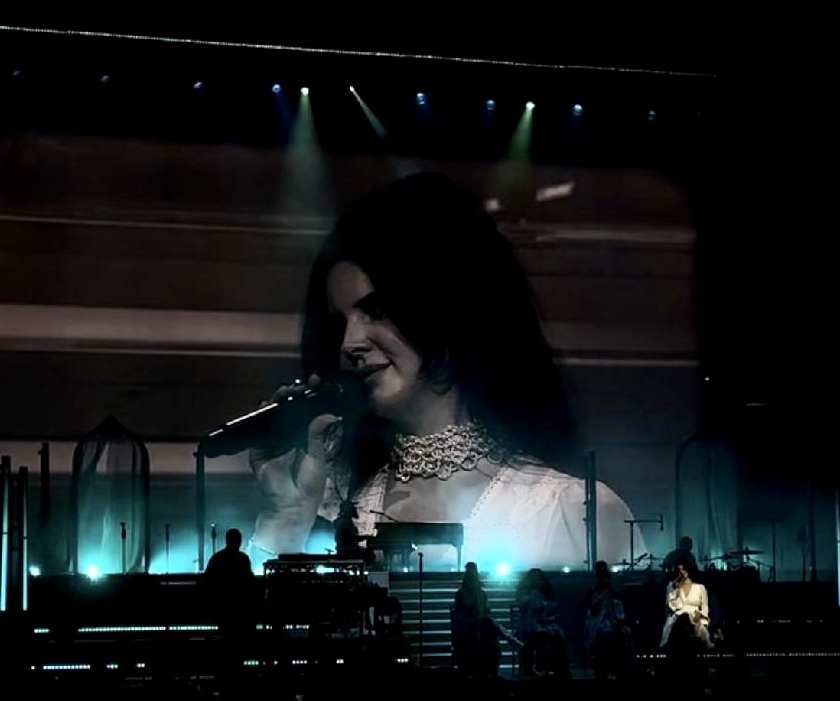Artificial Intelligence (AI) has steadily made its way into our daily lives. From replicating voices to doing our English homework, AI has come a long way very quickly. Some people love it, while others are afraid of it… How is AI altering our everyday workload and media consumption?
If you had told me five years ago that you could make Frank Sinatra sing “Levitating” by Dua Lipa, I would’ve said you were crazy. Music is a huge part of everyone’s life whether they can help it or not. Everywhere we go, we hear music. At the grocery store, in the car, at restaurants – even on elevator rides with strangers. How soon will it be until there are AI-engineered songs playing in the background of our everyday activities? Most of the time, people can tell if a song is real or fake, as there are typically dead giveaways like glitches or pitch problems. Music is an art form, and all songs have a certain level of passion behind them. Alyssa Massion, a sophomore at St. Petersburg High School, says that “you can’t hear the emotion in their voice” when listening to AI-generated music. Even if you don’t realize it, emotion is a big part of art. The passion and “umph” behind a song can really shine through when listening, which makes people feel and understand the track on a deeper level. Because AI songs just replicate the singer’s words and pronunciation, that crucial emotion can easily get lost in translation.
In the art world, artificial intelligence has been introduced into applications like Photoshop and Canva. Users can now ask their technology to create a picture of anything they can dream of; for example, they can ask AI to paint Abraham Lincoln at Coachella. Creating art with AI is one of the more bizarre things that it is capable of. It can be hard to wrap your mind around. Just this year, at the World Photography Organization’s Sony World Photography Awards, a German photographer named Boris Eldagsen submitted an AI-produced photo and won. Eldagsen didn’t expect his creation to win; of course, he assumed that at a global competition, his piece would not even qualify. When he was proved wrong, he exposed the competition by rejecting the prize money and admitting that his first-place photo wasn’t human-made. Eldagsen is one of the many people who have tested the human eye’s ability to catch AI’s mistakes. This competition further proves that even world-renowned judges are subject to AI’s deception.
Artificial intelligence has also made itself known from an academic standpoint. The hot topic of last year was how Chatgpt can help you write your essays and SAQs. Personally, I found that it can be really helpful for brainstorming themes and evidence, but I definitely felt guilt if I thought it was doing all the work. When asked how AI has changed his teaching style, Mr. Benton, one of St. Petersburg High School’s English teachers, said that this year, he changed “a good bit of the higher-stakes student writing to in-class… caveman style” to avoid AI doing all the heavy lifting. Students’ work dynamic changes every year, especially entering high school, so it is definitely common to get a little lazy. With AI being fairly new in academia, the lines between the positive and negative influence of AI are blurred. That very reason is why “we’ve got to figure out (as a society) how to make use of [AI] without losing anything too important,” says Mr. Benton. A recurring issue with artificially synthesized work is definitely authenticity. Just like the lack of emotion in music, AI written work has “its own way of writing that just isn’t weird enough to be human,” says Mr. Benton. There truly is nothing comparable to the human mind.
People can now do everything with the help of artificial intelligence, which makes it impossible to ignore. The question is how will we inevitably continue to utilize it in a way that is acceptable.














Kylie Johansen • Oct 25, 2023 at 4:15 pm
Sarah always delivers. Ah, what a bright you women bringing knowledge to us common folk. I just love it when I see Hispanic representation in our everyday lives. From one Latina to another, you ate this up Marica.